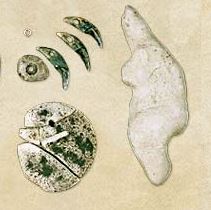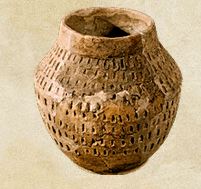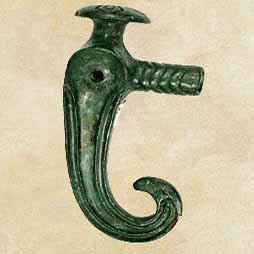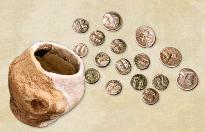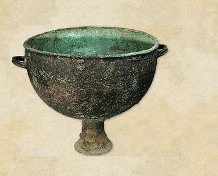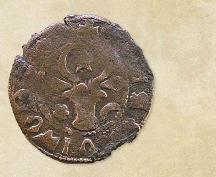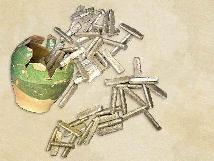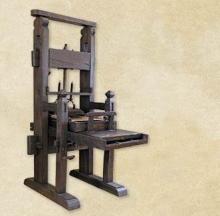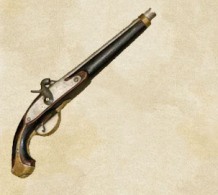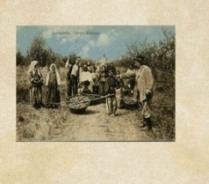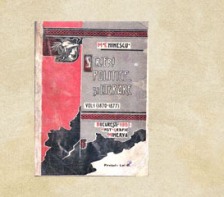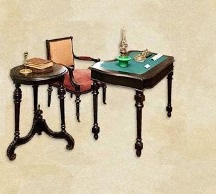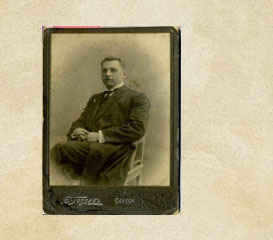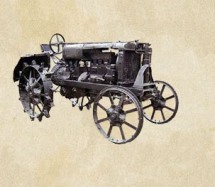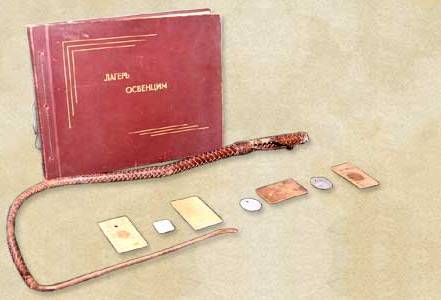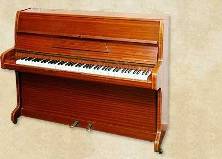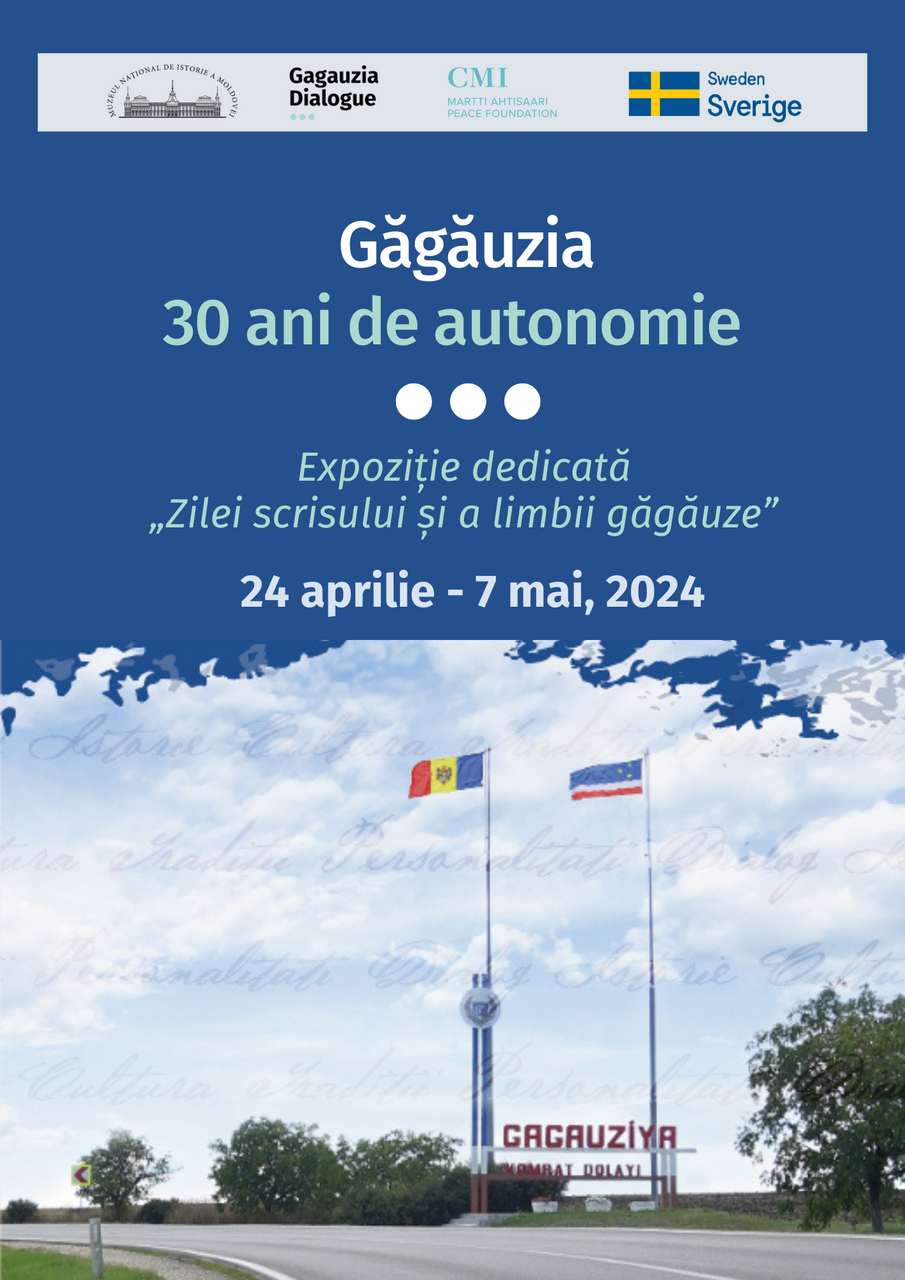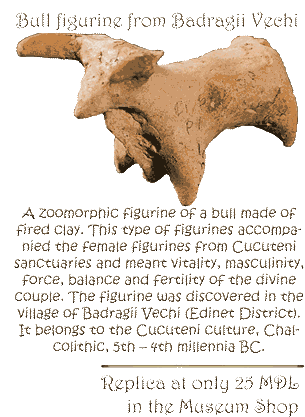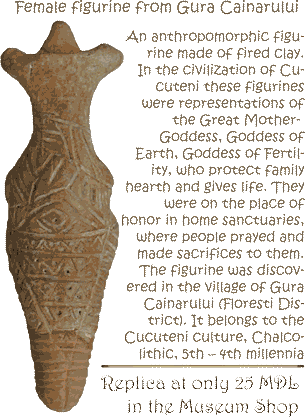  Events Archive Events Archive
Event dedicated to persons with disabilities „I am important! My rights matter”
19 July 2016
Office of the High Commissioner for Human Rights, in partnership with the World Health Organization and NGO SOMATO, are organizing in the courtyard of the National Museum of History of Moldova an informal dialogue - "I am important! My rights matter" - between groups of people with psychosocial and intellectual disabilities and various national and international actors.
The event was held on July 19, between 11:00 and 14:00 hours, in the courtyard of the National Museum of History of Moldova. This activity was a premiere for Moldova. Agenda of the event "I am important! My rights matter":
11.00-11.30 Registration of participants
11.30-12.00 Official opening
12.00-12.30 Awarding of trophies for activism, motivation and involvement to seven
groups of persons with special needs
12.30-13.00 Informal communication, poetry recital, exhibition, interactive games
13.30-14.00 Jazz performance and end of event The event was attended by representatives of seven representing groups of persons with psychosocial and intellectual disabilities from Bălți, Soroca, Ungheni, Orhei, Cimișlia, Cahul and Chișinău; officials from the UN, representatives of embassies accredited in Moldova, Equality Council, ministries. In the opening ceremony spoke: Viorelia Bătrânac-Moldovan, Senior State Adviser to the Prime Minister on social issues; Dafina Gercheva, Resident Coordinator of the United Nations (UN) and the Permanent Representative of United Nations Development Programme (UNDP) in Moldova; Yan Feldman, Chairman of the Equality Council; dr. hab Eugen Sava, General Director of the National Museum of History of Moldova, who sent messages of encouragement and support for people with special needs. At the opening, also spoke Ruslan Carlan, representative of the group from Cimișlia, who addressed the issue of social exclusion of this group from the decision-making processes, despite the ratification by Moldova of the UN Convention on the Rights of Persons with Disabilities. The event provided an opportunity for people with special needs to communicate during three hours with representatives of central authorities and civil society, with some UN agencies and diplomatic missions regarding the difficulties they face, the need to ensure equal opportunities, to protect and promote the rights of persons with disabilities. During the event was open a sale exhibition with works made by disabled people, on the background one could hear poetry and jazz music. An interactive whiteboard was installed, which provided people with special needs the opportunity to learn the non-discriminatory terminology.
|











